Sparks: Eye of London
Beth Mehocic composer
Gregory W. Brown composer
Ferdinando DeSena composer
Mark Dal Porto composer
Eric Klein composer
Don Bowyer composer
Sergio Cervetti composer
Daniel Perttu composer
Mark John McEncroe composer
Hans Bakker composer
Brian Wilbur Grundstrom composer
London Symphony Orchestra | Miran Vaupotić conductor
Navona Records presents SPARKS: EYE OF LONDON, an assembly of original fanfares performed by the London Symphony Orchestra. Drawing from the compositional strengths of today’s composers, the orchestra navigates chaos and order, isolation, and ascension towards triumph through passionate orchestral writing reminiscent of the fire that burns within us. A collection spanning thought-provoking narratives, scenic synesthesia, soothing passages, and the whimsically abstract, the London Symphony Orchestra explores a vast musical landscape of emotions, tackling each with precision and verve.
Listen
Stream/Buy
Choose your platform
Track Listing & Credits
| # | Title | Composer | Performer | |
|---|---|---|---|---|
| 01 | Fanfare for Jacob Grayson | Beth Mehocic | London Symphony Orchestra | Miran Vaupotić, conductor | 4:22 |
| 02 | (Of) Course | Gregory W Brown | London Symphony Orchestra | Miran Vaupotić, conductor | 4:01 |
| 03 | First of July | Ferdinando DeSena | London Symphony Orchestra | Miran Vaupotić, conductor | 5:10 |
| 04 | Bucolic Celebration | Mark Dal Porto | London Symphony Orchestra | Miran Vaupotić, conductor | 4:21 |
| 05 | New Day Fanfare | Eric Klein | London Symphony Orchestra | Miran Vaupotić, conductor | 7:46 |
| 06 | Lockdown Themes | Don Bowyer | London Symphony Orchestra | Miran Vaupotić, conductor | 4:18 |
| 07 | Gated Angel | Sergio Cervetti | London Symphony Orchestra | Miran Vaupotić, conductor | 4:53 |
| 08 | Phoenix | Daniel Perttu | London Symphony Orchestra | Miran Vaupotić, conductor | 5:01 |
| 09 | Time Heals & Reveals | Mark John McEncroe | London Symphony Orchestra | Miran Vaupotić, conductor | 5:29 |
| 10 | Ananke | Hans Bakker | London Symphony Orchestra | Miran Vaupotić, conductor | 5:27 |
| 11 | Overture for Ernest Hemingway’s For Whom the Bell Tolls, A New Opera in Two Acts | Brian Wilbur Grundstrom | London Symphony Orchestra | Miran Vaupotić, conductor | 5:00 |
Recorded February 25-26, 2022 at LSO St Lukes, London UK
Producer Brad Michel
Engineers Jonathan Stokes, Neil Hutchinson
Editing, Mixing & Mastering Brad Michel
Executive Producer Bob Lord
A&R Director Brandon MacNeil
A&R Chris Robinson, Danielle Sullivan
VP of Production Jan Košulič
Audio Director Lucas Paquette
Production Director Levi Brown
Production Assistant Martina Watzková
VP, Design & Marketing Brett Picknell
Art Director Ryan Harrison
Design Edward A. Fleming, Morgan Hauber
Publicity Patrick Niland, Brett Iannucci
Artist Information
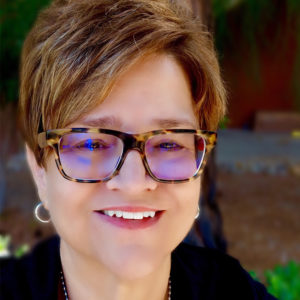
Beth Mehocic
Dr. Beth Mehocic was the Composer-in-Residence, Music Director, and Full-Professor for the Dance Department at the University of Nevada, Las Vegas, and wrote over 100 works for orchestra, concert band, chamber music, dance ensembles, theater, and film. Her works have been performed throughout the United States, Japan, China, Korea, and Europe, and she had works performed in several Las Vegas Hotels including The Mirage, Caesar’s Palace, and the Las Vegas Hilton. Several of her works have been recorded for PARMA Recordings.
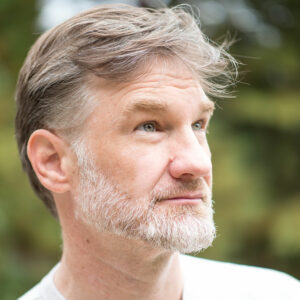
Gregory W. Brown
Composer Gregory W. Brown’s works have been performed across the United States and Europe — most notably in Weill Hall at Carnegie Hall in New York City, Cadogan Hall in London, and the Kleine Zaal of the Concertgebouw in Amsterdam. His commissions for vocal ensemble New York Polyphony have been heard on American Public Media’s Performance Today, BBC Radio, Minnesota Public Radio, Kansas Public Radio, and Danish National Radio; his Missa Charles Darwin received its European debut in March 2013 at the Dinosaur Hall of Berlin’s Museum für Naturkunde.
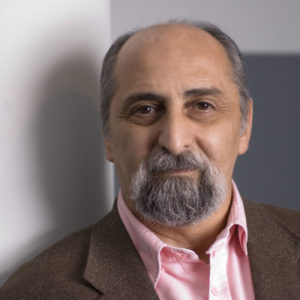
Ferdinando DeSena
Ferdinando DeSena is a Miami-based composer who was born in Brooklyn NY. His earliest musical experiences were with neighborhood pop, and doo–wop groups. He worked as musician in Ithaca NY for 13 years, playing in several regional bands as keyboard player and lead singer. His final group was Uptown Revue, which he led for seven years
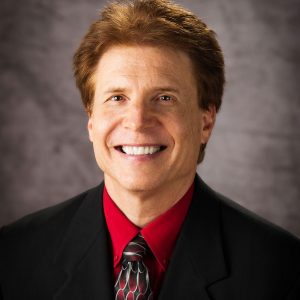
Mark Dal Porto
Mark Dal Porto has received numerous commissions with his works receiving hundreds of performances by many instrumental and vocal ensembles throughout the United States and abroad. In 2019, he released Peace, Nature & Renewal¸ a CD featuring some of his orchestral, choral, and chamber works. In the 2013 CODA (College Orchestra Directors Association) International Composition Contest, he was awarded first prize for his orchestral work Song of Eternity. He has also received certificates of excellence in band, choral, orchestral, and chamber music composition from The American Prize organization.
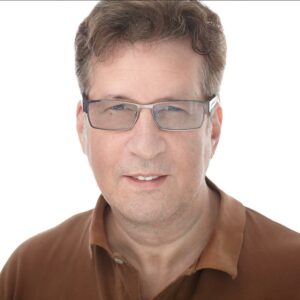
Eric Klein
Based in New Jersey, Eric Klein is an internationally-performed composer of concert music with chamber, electroacoustic, and orchestral works performed in the United States and Europe. Klein studied classical guitar with Norbert Kraft and attended the University of Toronto and Royal Conservatory of Music. Equally versed in writing orchestral, chamber, and electronic music, he is a versatile composer for film and new media. In addition to scoring for independent feature film, his chamber music album The Myth of Tomorrow, performed by the New York contemporary music ensemble Contemporaneous, won the 2019 Independent Music Awards for Best Contemporary Classical Music Album.
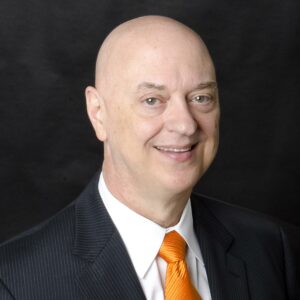
Don Bowyer
Since retiring from a full-time career in higher education in July 2021, Don Bowyer (b. 1958) continues to be active internationally, currently as a Visiting Professor in the College of Music at the University of the Philippines. Bowyer's pursuits include composing and performing, presenting master classes and recitals, and serving as a consultant on matters from accreditation to curricular development to higher ed administration. His last full-time position was as Professor of Music and Dean of the School of Arts at Sunway University (Malaysia), having previously served as Dean of the College of Fine Arts at Arkansas State University and Chair of the Department of Music at the University of Alabama in Huntsville. Bowyer has taught at every level from pre-kindergarten through doctoral programmes in the United States, the U.S. Virgin Islands, Sweden, Malaysia, and the Philippines.
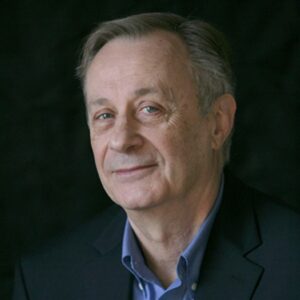
Sergio Cervetti
Sergio Cervetti left his native Uruguay in 1962 to study composition in the United States. In 1966 he attracted international attention when he won the chamber music prize at the Caracas, Venezuela Music Festival. After studying with Ernst Krenek and Stefan Grové and graduating from Peabody Conservatory, he was subsequently invited to be Composer-in-Residence in Berlin, Germany in 1969-70.
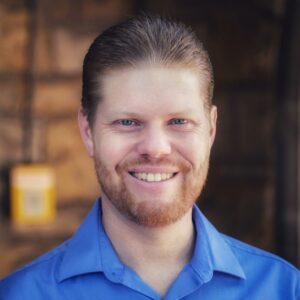
Daniel Perttu
“Music has always been a kind of magic for me, a portal to other realms. When I was young, I was inspired by fantasy novels such as The Lord of the Rings, and I’m still drawn to myths and legends. I’ve written works on themes ranging from the sorcery of Merlin to the Callanish Stone Circle and the Torngat Mountains. My aim is to write music that invites audiences into other worlds, so they can re-discover their own sense of wonder." –Daniel Perttu
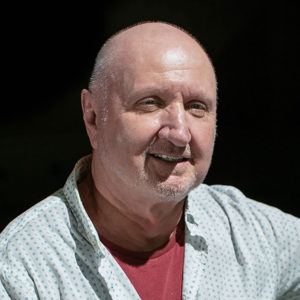
Mark John McEncroe
Australian composer and classically trained pianist Mark John McEncroe writes for solo piano and orchestras of all sizes. His compositions have been performed throughout Europe, Australia, and the United States, with the biggest highlight to date being a concert at Carnegie Hall’s Stern Auditorium in February 2020.
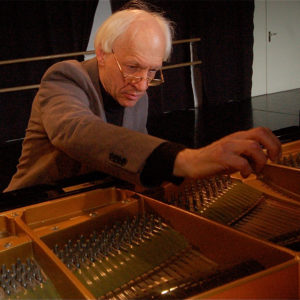
Hans Bakker
After he finished his studies piano, church organ, and choral conducting at the Dutch Institute for Church Music in Utrecht, Hans Bakker (b. 1945) worked as a teacher at two music schools in the Netherlands. He also conducted two choirs and was active in the improvisational music scene. His career in music was followed by the study of Sanskrit. After obtaining his master's degree at the University of Amsterdam, he returned to music, becoming completely occupied by teaching at Globe Center for Art and Culture in the city of Hilversum.
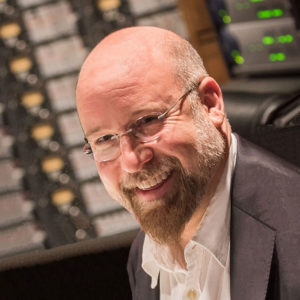
Brian Wilbur Grundstrom
A composer equally accustomed to writing for orchestra, opera, film, theater, chorus, piano, and chamber ensembles, Brian Wilbur Grundstrom’s voice includes a strong affinity for long melodic lines, distinctive tonal harmonic vocabulary, engaging rhythms, skillfully executed counterpoint, and dramatic imagery.
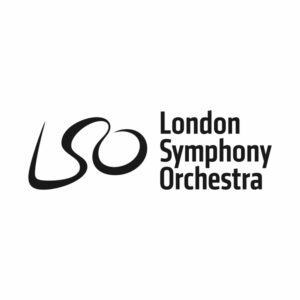
London Symphony Orchestra
Widely acclaimed by audiences and critics alike, The London Symphony Orchestra was named by Gramophone as one of the top five orchestras in the world. A world-leader in recording music for film, television, and events, it was the official orchestra of the London 2012 Olympic and Paralympic Games ceremonies, memorably performing Chariots of Fire on stage in the opening ceremony, conducted by Simon Rattle and with Rowan Atkinson.
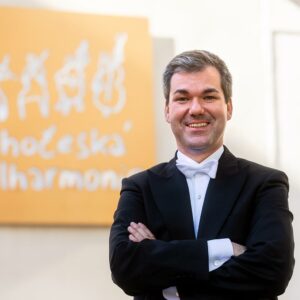
Miran Vaupotić
Acclaimed as “dynamic and knowledgeable” by the Buenos Aires Herald, Croatian conductor Miran Vaupotić has worked with eminent orchestras including the London Symphony Orchestra, the Royal Scottish National Orchestra, the Berliner Symphoniker, the Russian National Orchestra, the Slovak Radio Symphony Orchestra, the Prague Radio Symphony Orchestra, the Budapest Symphony Orchestra MÁV, Orchestre de Chambre de Genève, the Cairo Symphony Orchestra, Orquesta Sinfónica Nacional Argentina, and others, performing in major halls around the globe such as Carnegie Hall, Wiener Musikverein, Berliner Philharmonie, Rudolfinum, Smetana Hall, Victoria Hall, Forbidden City Concert Hall, Shanghai Oriental Art Center, Dubai Opera, Tchaikovsky Hall, International House of Music, CBC Glenn Gould Studio, and more.
